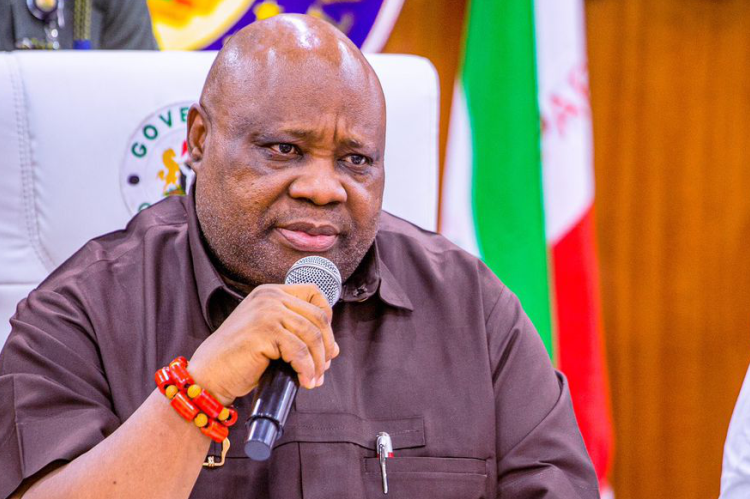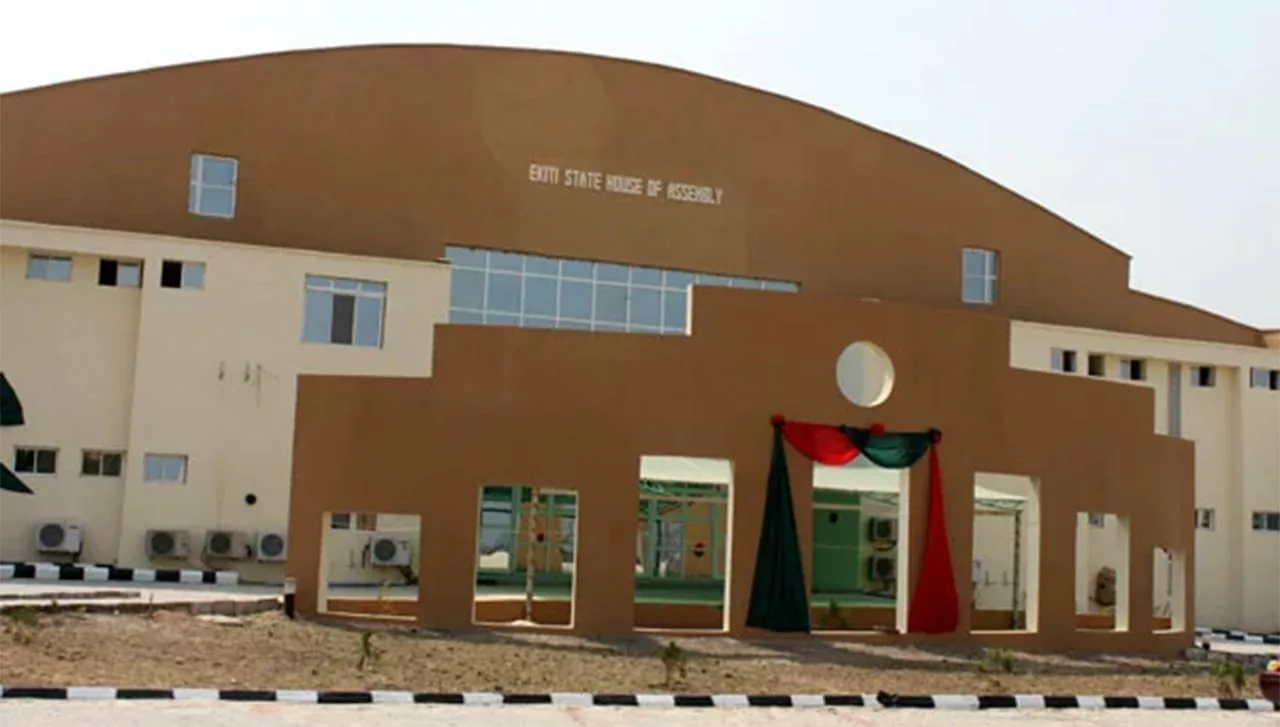Governor Ademola Adeleke of Osun State has declared his administration’s commitment to implementing multi-sectoral green economy and climate initiatives as tools for state development.
The state’s consultant on climate change and renewable energy, Prof Chinwe Obuaku made the disclosure while representing the governor at a twin event – the 11th German-Nigerian Business Forum and the West African Clean Energy and Environment Trade Fair and Conference (WACEE) – in Lagos.
The state government, in a statement by the spokesperson to the governor, Mallam Olawale Rasheed stated that the governor’s representative presented the state’s strategic vision for sustainable growth and emphasized the state’s readiness to embrace clean energy initiatives and drive environmentally responsible development.
She listed Osun’s potential and expressed the state’s interest in investment opportunities in renewable energy, with a focus on cutting-edge solutions like energy efficiency, mini-grids and green hydrogen which are crucial components of Nigeria’s transition to a low-carbon economy.
Obuaku further offered valuable insights into how the public and private sectors can collaborate to harness these technologies for broader economic growth even as she highlighted how Osun State is positioning itself as a leader in clean energy by actively seeking partnerships and investments that focus on renewable energy integration, particularly in off-grid solutions and mini-grids.
At the circular economy roundtable, Prof Obuaku, who identified challenges facing circular economy in Nigeria, cited Osun State’s ongoing efforts where attention is focused on the creation of a conducive environment for circular economy businesses.
“In Osun, we’ve developed policies that provide financial incentives, such as tax breaks and grants, to encourage businesses to adopt sustainable practices. We’ve also been working on establishing public-private partnerships that leverage private-sector innovation and government resources to scale circular economy initiatives.
“One such example is our commitment to improving waste-to-energy projects, which convert agricultural and household waste into sustainable energy sources, reducing environmental degradation while creating economic value,” he said.
We’ve got the edge. Get real-time reports, breaking scoops, and exclusive angles delivered straight to your phone. Don’t settle for stale news. Join LEADERSHIP NEWS on WhatsApp for 24/7 updates →
Join Our WhatsApp Channel










